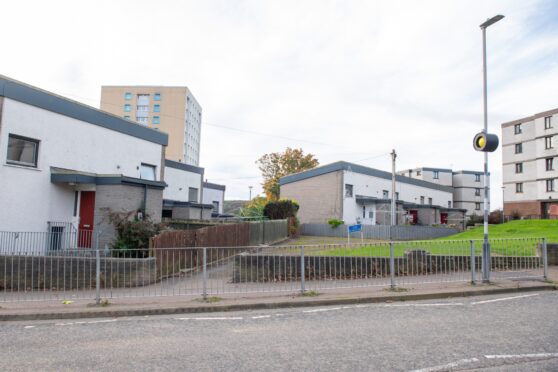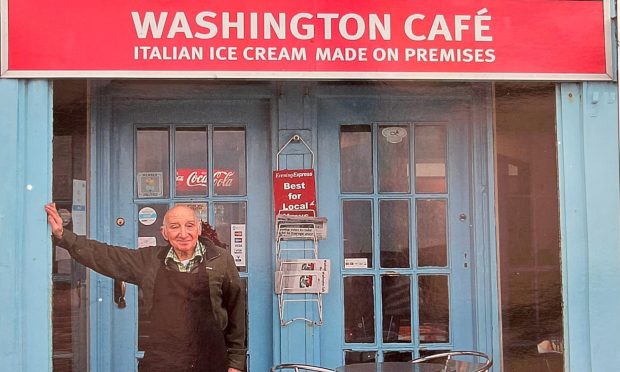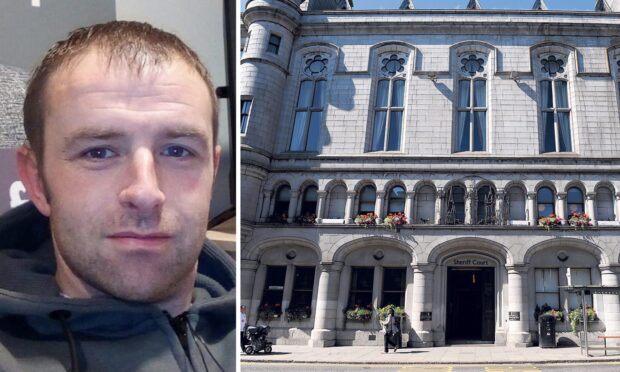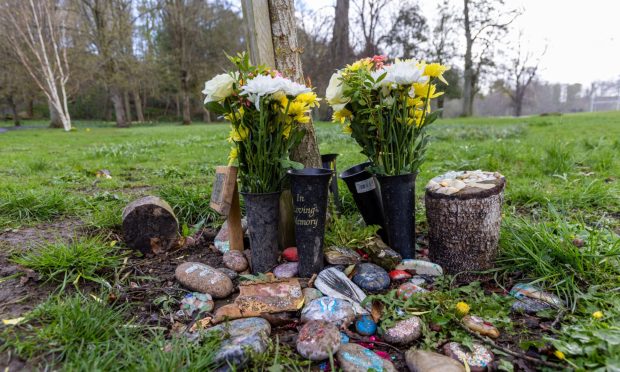A former football chief who led his own team’s controversial stadium move has urged the Dons to take their campaign straight to the Scottish Government.
Geoff Brown, who was the chairman of St Johnstone from 1986 to 2011, was the catalyst for the club’s move to McDiarmid Park.
But the move was nearly as controversial as Aberdeen FC’s proposed £50million stadium plans at Kingsford, which has divided the north-east community.
Supporters feel it is necessary for the Dons to move forward, while the most vocal opponents – No to Kingsford – argue it will cause problems for residents in terms of parking, transport and football-related violence.
Aberdeen City Council will make a decision on the project later this month.
But last night, Mr Brown – who faced similar opposition from local councillors and some members of the public – urged Dons bosses to go straight to the Scottish Government to make their case for the stadium.
And he cited the similar example of how the Scottish Government overturned the decision by Aberdeenshire Council to refuse planning permission for Donald Trump’s controversial golf course at Menie Links.
The 74-year-old said: “If I was in charge of Aberdeen, I would go directly to the Scottish Government and put the message to First Minister Nicola Sturgeon: ‘We want you to look at this application and support it to help the north-east of Scotland’.
“This isn’t just about football, it is about engaging with the community, and moving on from the situation of having a stadium which is shut to the public six days a week. That doesn’t help anybody.
“There is a precedent in how the Scottish Government approved Donald Trump’s course at Menie, despite a majority of councillors voting against it.”
Regardless of the decision taken by the city council on January 29, it is likely the government will get involved.
If the application is rejected, the Dons will appeal. If it is approved, it will still have to be referred to the government as neighbouring Aberdeenshire Council still has an outstanding objection.
Mr Brown said he could understand why some residents opposed the stadium proposals, which will result in the club moving from Pittodrie after 115 years.
However, he insisted it was long overdue for Aberdeen to establish new facilities, including a training ground, which would enable them to establish greater links with their local community, as well as having access to European-quality amenities.
He said: “I fully back Aberdeen FC’s desire to establish something new and the north-east needs modern, state of the art facilities and a centre of excellence to which other football teams in the area can aspire.
“But I don’t expect them to get whole-hearted support from councillors who will lose their jobs at the next election if they fall out with their voters because of taking decisions like this.
“I am not surprised the club is facing obstacles in moving forward with the plans.
“I applied to Perth Council when St Johnstone wanted to move to a new ground, but they turned it down.
“I was told at the time that the only thing residents wanted less on their doorsteps than a football ground was a sewage works.”
Mr Brown believes that, in the long term, the Kingsford scheme will benefit people in the north-east. But he admitted the delays which hampered St Johnstone’s plans caused problems for the club.
He said: “It was Tayside Regional Council who eventually called in the application and it was given approval. But it was a frustrating experience which dragged on for several years.
“Yes, you can understand why councillors don’t want to go against the local development plan.
“But we can’t continue to live in the past. Football is still the number one sport in this country and it is a force for good in local communities.
“Hopefully, the Scottish Government recognises that, because we need more modern stadia and facilities to persuade youngsters and families to get involved.”
Too close to call
The Dons Supporters Together group is hoping the Kingsford stadium move gains approval from Aberdeen City Council.
But, after listening to the passionate arguments for and against the relocation proposal, they believe the decision is currently too close to call.
Spokesman Gordon Duncan said: “The club and the city council haven’t seen eye to eye for a while now and the ultimate decision clearly looks to be in the balance.
“It has been a long, drawn-out saga that looks almost certainly to be appealed, no matter the result.
“However, we are still confident of a positive result for Aberdeen FC and for approval to be granted.
“This would enable AFC and the supporters to work together to begin a project that can greatly improve the club, the community trust and ultimately the supporters’ matchday experience.
“We appreciate the sensitivity of the subject and the advantages of a city-centre stadium, but we also understand the predicament the club is in in relation to cost and land availability.
“It is our hope that ACC approve Kingsford and AFC are given the opportunity to create a complex, in partnership with the supporters, that the north east and especially the Red Army can be proud of.”
Who is Geoff Brown?
Geoff Brown was in charge of St Johnstone throughout their protracted move from Muirton Park to McDiarmid Park.
The plan was originally mooted in 1986 and came in the aftermath of the tragedies of the Bradford City fire and the Heysel stadium disaster.
Brown was involved in drawn-out negotiations with local authority members and the prospective purchasers – Asda – over the sale of Muirton Park.
But, once the deal was completed, the contract to build the new stadium was awarded to Miller Construction and they carried out the work in a 10-month timeframe.
After it was finished, Saints took possession of a stadium complex containing 10,700 seats, 100 coach and 1,000 car parking spaces.
It was the first purpose-built, all-seater stadium in the UK and attracted widespread attention just months after the Hillsbrough disaster.
The official opening of McDiarmid Park was on October 17, 1989 when Sir Alex Ferguson brought a strong Manchester United side to Perth and his side won 1-0.
Brown was at the helm for 25 years and appointed the current Aberdeen manager, Derek McInnes, in 2007, following the departure of Owen Coyle to Burnley.
McInnes exited – for Bristol City – just a month before Brown stood down as chairman.










